This article originally appeared in i-D’s The New Fashion Rebels Issue, no. 352, Summer 2018.
“Am I the first rapper to be late for an interview in his own home?” wonders Dave, walking into his living room wearing a lilac Stone Island tracksuit that pretty much matches the colour of the walls. He offers a big smile and a bigger hug. Dave is a good kid. A really good kid. A good kid in a mad, bad city. “He’s a great child. He’s intelligent, articulate, humble. It’s a pleasure having him as a son,” Dave’s mum says. She’s standing beneath a picture of herself painted by Dave’s older brother Chris. “I’ve never had trouble from Dave. Actually, he made me smile because I thought there was no reason to smile. You know when you give up? He’s given me hope that really everything is possible when you put your mind to it,” she says, turning to gaze at Dave, who is now leaning against the window, a plate of his mum’s chicken and jollof balanced precariously on his knees. “He’s my joy, my pride, my everything.”
Dave is the youngest of three boys. Born in Styles Gardens, Brixton, and brought up here, a cosy and immaculately clean three-bedroom house on a quiet street down the road in Streatham. With two critically lauded EPs – 2016’s Six Paths and last year’s Game Over – a MOBO win and a BRIT nomination, collaborations with Drake, Giggs and J Hus, the 19-year-old’s success beams brilliantly from these ordinary south London streets.
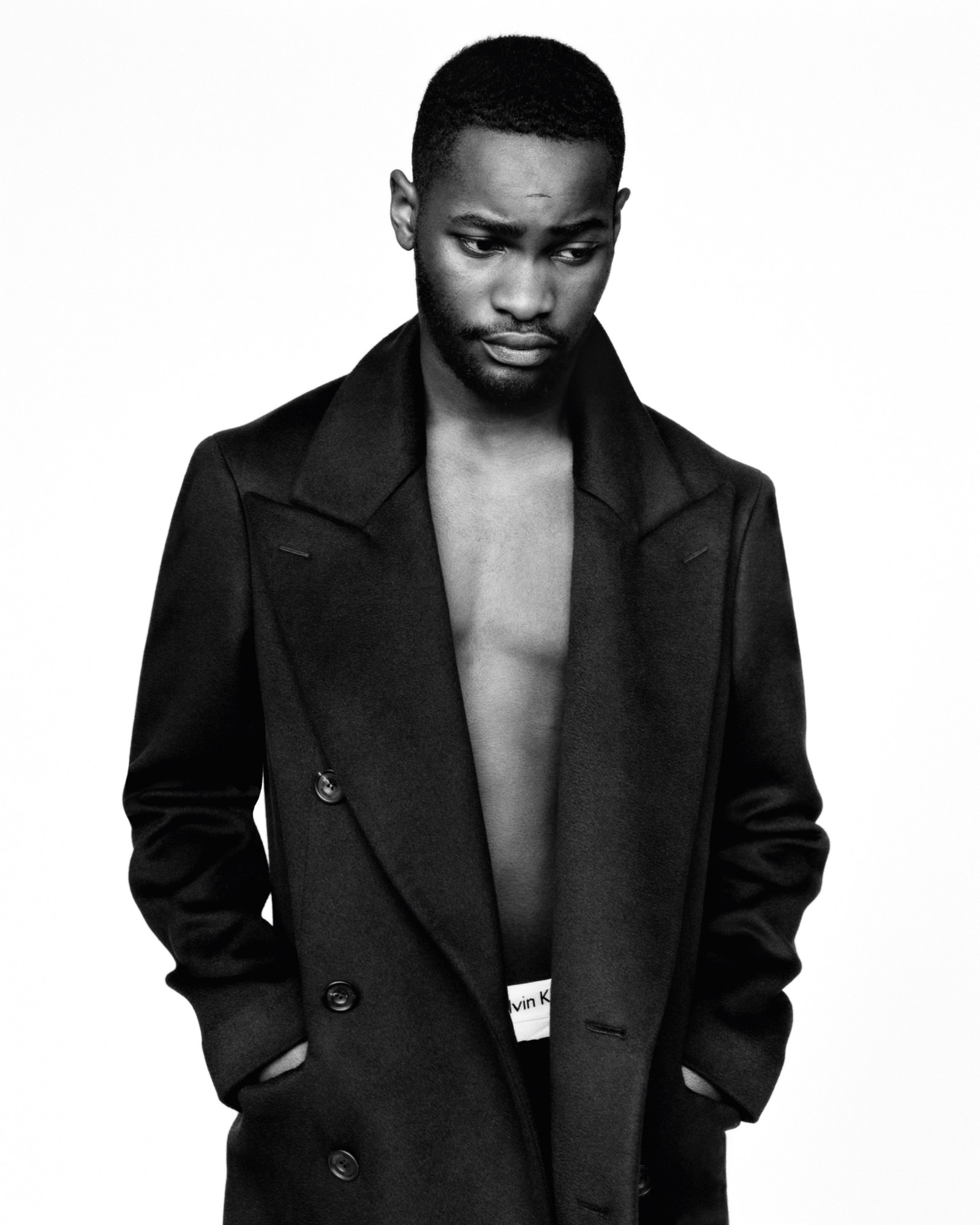
Things could be very different, though. They certainly are for his brothers. “I never came from a broken home / The system came and broke my home / And now my bros are sitting in cells like chromosomes,” he rapped in 2015 on a freestyle for Bl@ck Box, the YouTube channel that breaks new rappers. Dave’s mum worked several jobs, for social services and as a cleaner and a nurse. Dave’s father, who he refers to occasionally in his music, is absent for reasons Dave prefers not to expand upon. “It’s such a sensitive topic for my mum,” he says. “She’s super touchy about it so I’ve never been able to mention it without her feeling emotional about it.”
With an unavailable father and a “compassionate, selfless, hard working” mum doing her best to provide for three boys on the streets of south London, things slowly went awry for his elder brothers, Chris and Ben, who both spent time in prison. Ben was released two days ago. Chris is doing life for a crime Dave would rather not discuss. “They’re my brothers and I love them but the things they’ve done, it doesn’t represent me and my mum or everything I’ve been through,” he explains. It’s also why he’s known just as ‘Dave’. He doesn’t want his surname in the public domain where it could be linked to his brothers. “They could get crucified for something they’ve done even though they’re not in the public eye.”
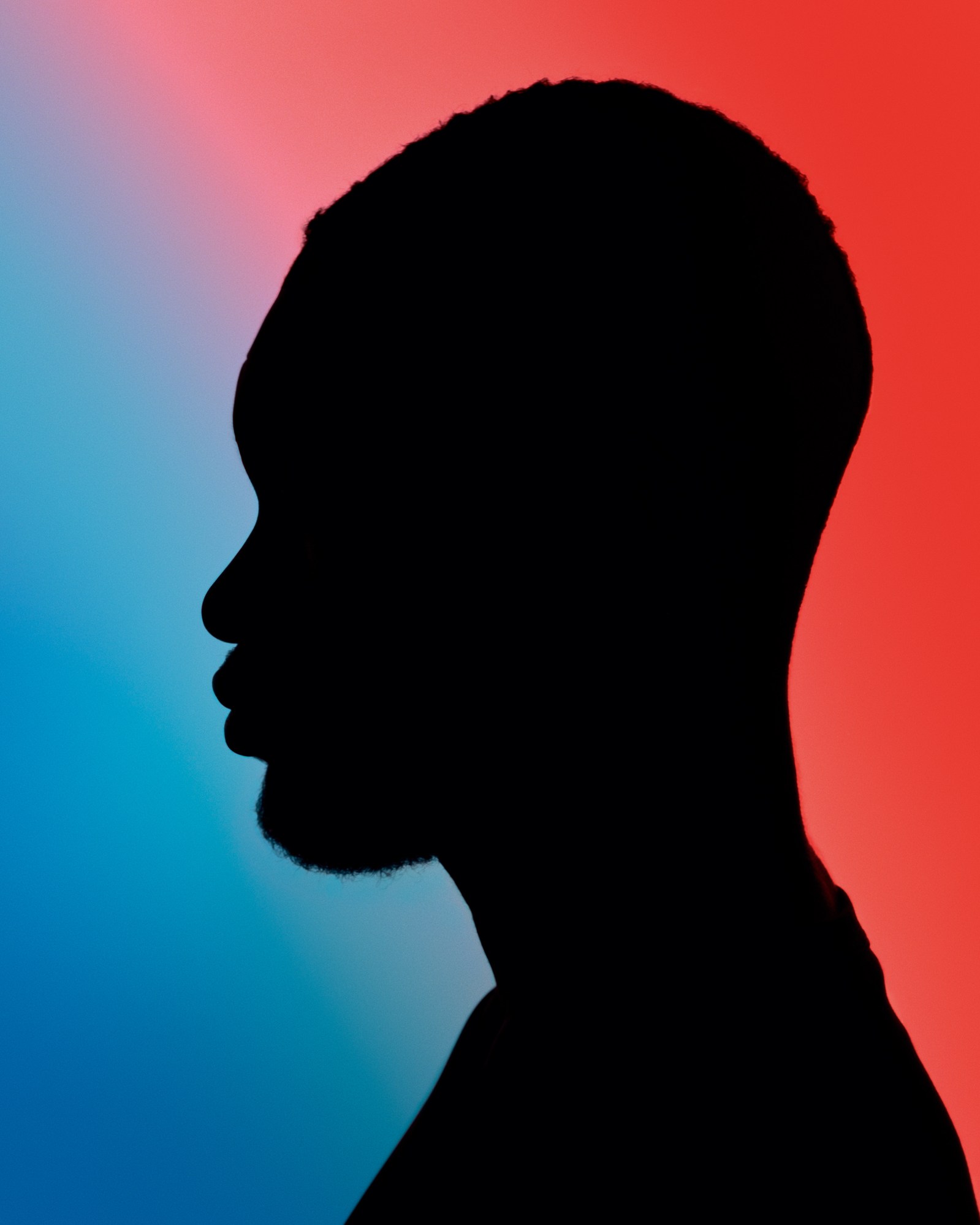
Dave loves his brothers, a lot. When Ben was incarcerated, Dave would spend the two-hour round trip to Richmond College – where he studied philosophy, law, music and ethics – listening to south Londoner Pak-Man’s Diamonds, and dreaming about the day Ben would get out of jail. Dreaming about being able to help “put him on his feet”. He never envisioned “something like this”, he says, meaning the 400,000 Insta followers, 50m+ YouTube views, bookings at every major festival, appearances on Drake’s More Life, an ad with Nike and multiple offers of record deals – all of which he’s turned down, preferring to stay independent. “Life makes no sense. For Ben to go to prison in 2014 and to come out to what we’re doing now? To be able to give him a couple of grand to go and get clothes? The things that happened in the space of my two EPs, it’s one of the craziest years that anyone could ask for. I don’t even understand anymore. I’ve lost contact with the real world,” he laughs, before correcting himself slightly. “I’m not some super rich playboy billionaire, but at the same time I don’t even know how much or how little money that I have at any given time because it’s always rolling. That’s what’s scary and dangerous about music. You can spend £1000 tomorrow but know you’re gonna make £10k the next week. I’ve got no sense of scale. I just do things and hope for the best, really.” He had anticipated his contribution to the household would mean his mum would give up work. No such luck. “I want to continue to work until I retire,” Dave’s mum says. “I’ve paid towards my retirement, so I don’t want to break it. I hope to retire when I’m 60. I’m 54 now.”
With both brothers behind bars, Dave’s family were determined that he too wouldn’t get sucked in by the streets. They “policed me” and “kept me locked in”, he remembers, ensuring he came straight home after school. His brother would ring from prison to make sure he was safely at home. “I struggled to find freedom so I don’t have a lot of the experiences and memories my friends have cos I couldn’t come out of my house.” It was frustrating, but it had its benefits – benefits that are paying off hugely now. Stuck indoors, at 11, Dave started to rap. At 13, he taught himself piano. He became obsessed with Japanese anime, computer games and film soundtracks, citing Steve Jablonsky and Hans Zimmer as key influences. Dave met Zimmer last year, via i-D. It was “surreal”. Zimmer was similarly impressed. “I’m a fan of Dave because he can do what I can’t do. But, we do have something in common. He’s good at what I’m good at, and that is playing the moody chords. Just the simple fact that we play moody chords bonds us together.”
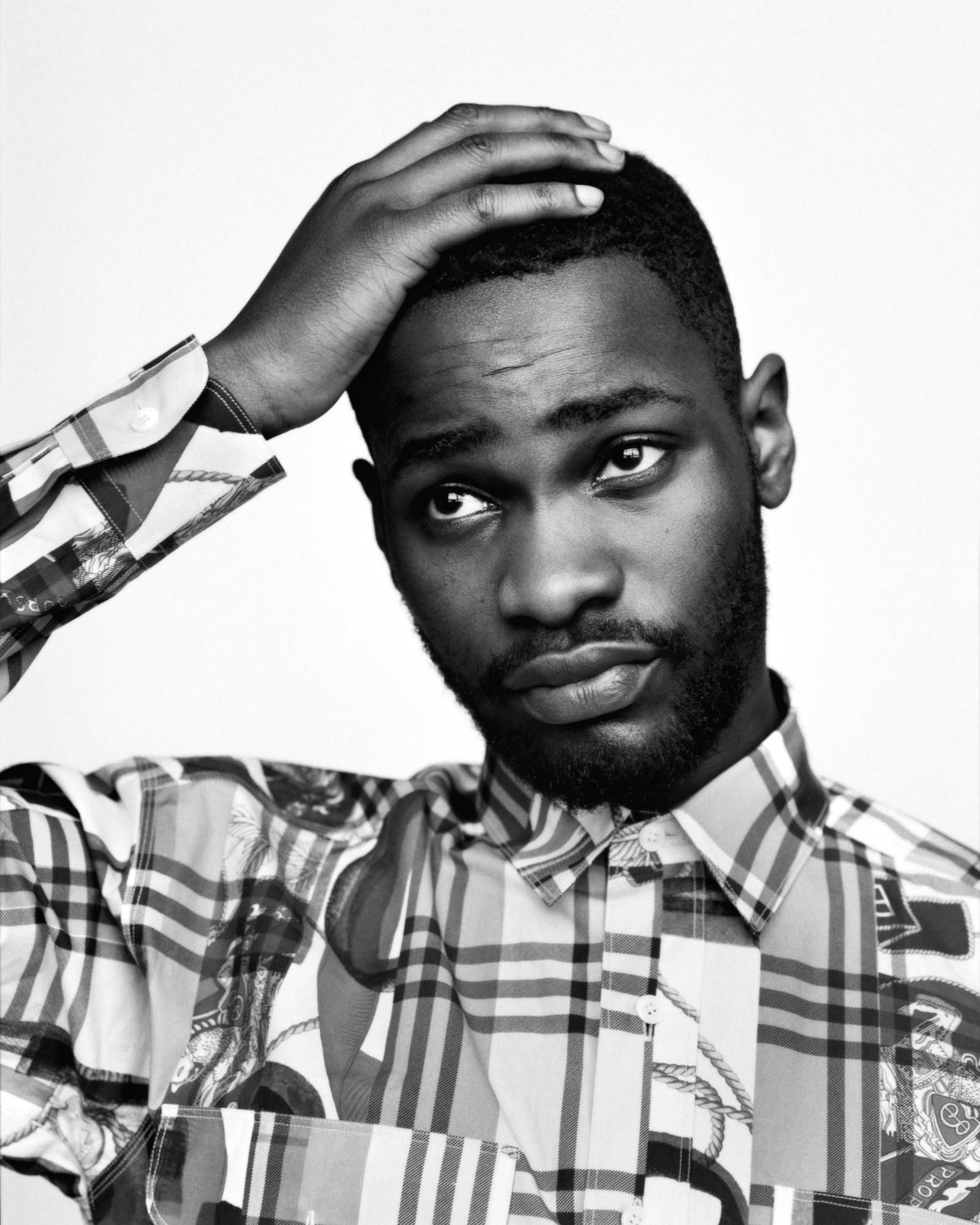
He’s now a grade seven pianist and he’s becoming a pretty prolific rapper. Since his Bl@ck Box debut he’s released and featured on over 30 tracks and freestyles that slice life into numerous thought processes about girls, family, friends and, most impressively, profound pronouncements on politics, social issues and mental health. On last year’s single Question Time he raged at the EU, despaired of the NHS, attacked Trump’s foreign policy, and demanded answers about wage disparity and Grenfell. “We want accountability and transparency,” he reaffirms today. “There needs to be public enquiries.”
He’s able to formulate ideas and ask questions in a powerful musical polemic. He struggles with that a bit. “It’s tough because it feels like I’ve got a responsibility, but I’m just a normal guy,” he says. “I shouldn’t be the one that everyone looks to. Same with Stormzy. I don’t feel anyone should feel required to do that, that it’s expected of them. It’s not on me to save the world. It’s on me to make music that makes people happy. I’m just trying to have fun and make music. Everyone tries to make it seem like there’s an ulterior motive to it, but there’s not. It’s about making music and enjoying myself.” He “hates” fame he says. “It’s hard to seperate what’s real from what isn’t. It’s a very confusing world. Being from south london and being young, it’s… different.” How? “Because you’re very close to everything and everyone – you’re only ever five minutes away from your fans.”
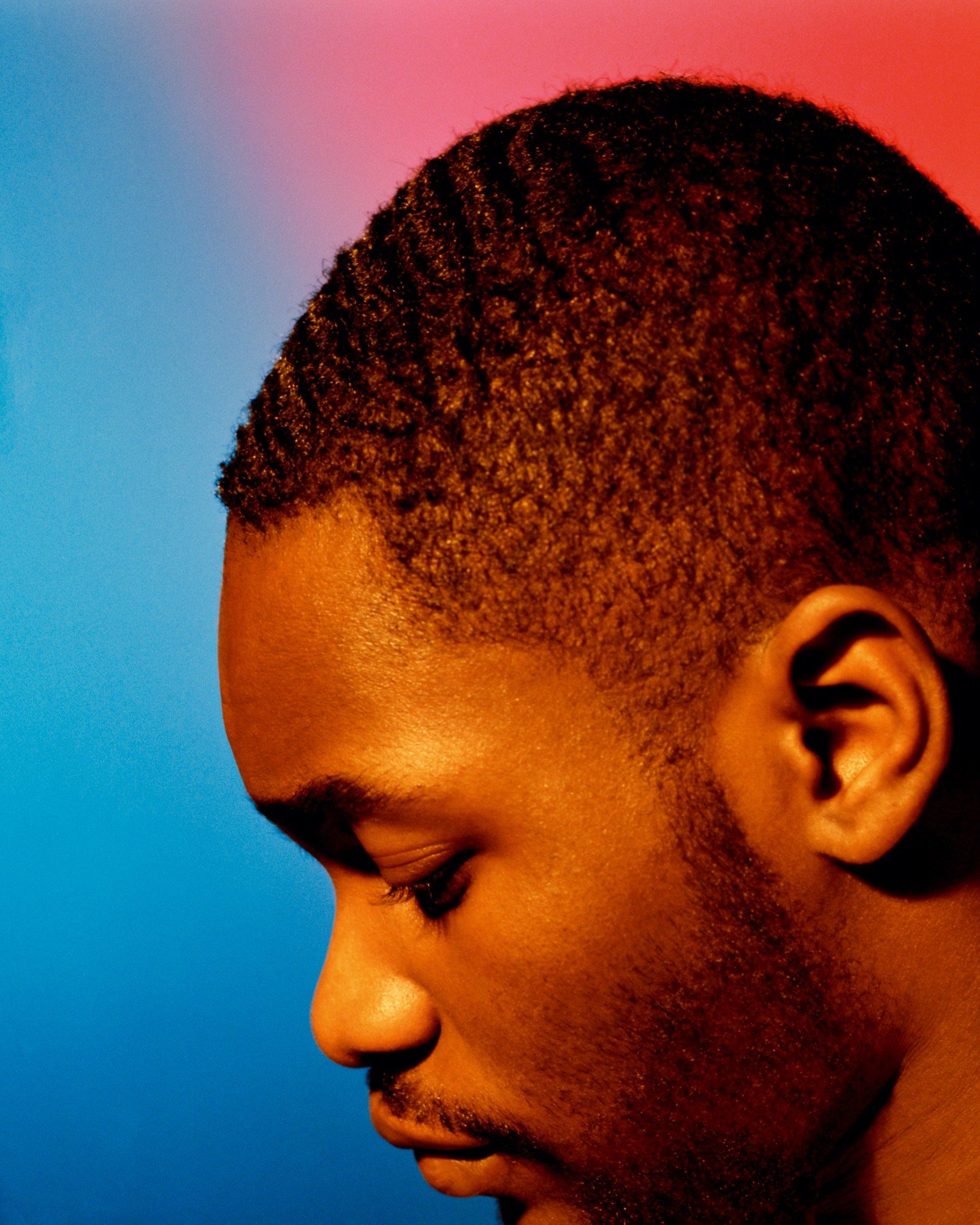
On How I Met My Ex he turns inwards, perhaps trying to save himself by examining his own masculinity and considering how it may have impacted on previous partners. “When I think about it now I’m ashamed to the core / How many men stop their women from achieving what they can cos in secret they’ve been feeling insecure.” He’s a lithe lyricist, able to attack any subject matter with engaging density, even when he’s ‘just’ rapping about girls. Take 2016’s Two Birds, No Stones: “Girls came with my accomplishments / And now I don’t believe their praise and all their compliments / I take my insecurities and hide them all in confidence… But do you know how much it hurts that they don’t love me for me.”
He grins, says “I must have been emotional that day,” shrugs the lyric off. “It’s not just girls though, it’s all part of the bigger picture really. In the public eye, you’re questioning everyone’s intentions. It’s whether people want to be friends with you for the right reasons or if they’re asking you how you are because they’ve got a favour to ask you in three days.” Not that he bothers too much. “I don’t feel like I’m socially the best person in the world. I’m not in contact with many people for that to have a huge effect on me.” The point is, he tends towards the lyrically technical even on lighter fare. Sometimes his intensity gets too much for him. “So many man my age have got PTSD and I don’t think it’s hidden / If you envision, the way that we’re living the things that we’ve seen, situations that we’ve been in / You would understand why I don’t want to talk about my life in every song I’ve ever written,” he rapped on the extraordinary, nine-minute-long My 19th Birthday, from the Game Over EP. “The way I rap is pretty conversational. People say I sound pretty laid-back or like I don’t even have flow. That’s because I want the words to be paramount.”
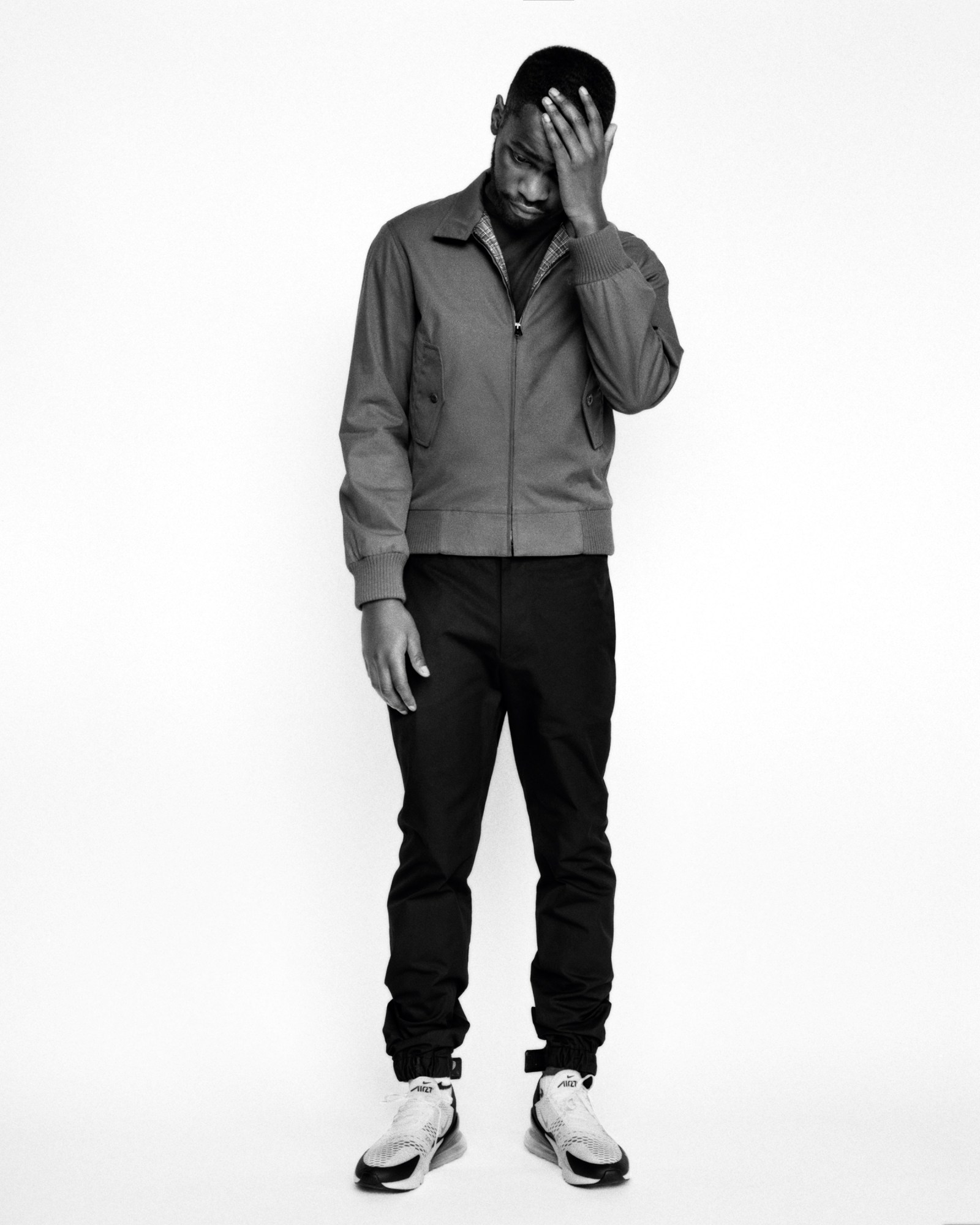
“I find his character intriguing,” says Beats1 broadcaster Julie Adenuga, who has supported Dave on her show since 2016. “He has a giggly but deadpan charisma about him and on record he merges his piano playing with truthful writing and great punchlines in a very authentic way. He’s very unpredictable and I like that. A lot.” In person he’s serious, thoughtful, funny. He boasts a quick intelligence. He can be both a total teenager, panicking when he thinks his mum is giving away his dinner to his manager, and remarkably mature. “We have a friendship now,” he says of his relationship with his mum. Giggs, who worked with Dave on his recent album, Wamp 2 Dem, says that Dave’s “the coldest, man ain’t fuckin’ with that kid. Good kid, too, like, he’s a nice person, which is rare.” The pair performed the track, Peligro, at Giggs’s recent sold-out Roundhouse show. When Dave walked onstage, the crowd went crazy, tossing pints of beer and sticky plastic cups of rum and coke all over each other.
Next up is Dave’s debut album, which will be released later this year. We go up to his bedroom to hear what he’s working on at the moment. He’s teaching himself to produce, or to produce better, having dabbled previously on 100Ms and Attitude. His bedroom is compact, wheezing with bags and boxes from Harvey Nicks and Nike, a rap requisite Gucci backpack, an upright keyboard, huge TV screen and desktop computer. He plays four tracks, one talks about “the freedom of rap but being a prisoner to fame”. Another nods heavily towards Asia in its instrumentation with a grimy flute melody, and one features a fellow UK rapper (we won’t say who it is). The last track he plays, about Streatham, shouts out Ramz and Virgil Abloh, and is produced by Nana Rogues, who he worked with on Hangman.

He decides the recently released Hangman signifies the direction he wants to take his music in. “That’s where I want to go lyrically and sonically.” He was able to condense what he would normally say in longer tracks like Question Time or 19th Birthday into two or three minutes. “Growing up as a musician is knowing that what I want to say in eight minutes worth of content can be said as sharply, as deeply, in two minutes and thirty seconds. I need to be able to take six lines and be able to condense it to one.” Hangman also addresses some tweets he wrote in mid January, in the wake of the murder of the model Harry Uzoka who was stabbed to death that same month. “Stop and search needs to come back,” he tweeted, among longer thoughts, before immediately deleting the posts. He got a lot of stick for it. “I didn’t know what I was thinking with those tweets,” he says on reflection. “There was definitely a disconnect between what I was actually saying and what I was typing. It was one of the most stupid things I’ve written down. What I’m talking about affects so many people and it’s so wide… when I was tweeting it, everything was so fresh.” He’s deeply regretful, but also frustrated at the impact of social media. “When you put something on Twitter, all of a sudden that’s your opinion and that’s your opinion forever. If you make your heat of the moment thoughts known, that’s your thoughts for a lifetime. I’ve had to explain myself to people who I never should have had to explain myself to.” He’s really sad about Harry. “He was a huge light that the world has lost. He was so inspirational.”
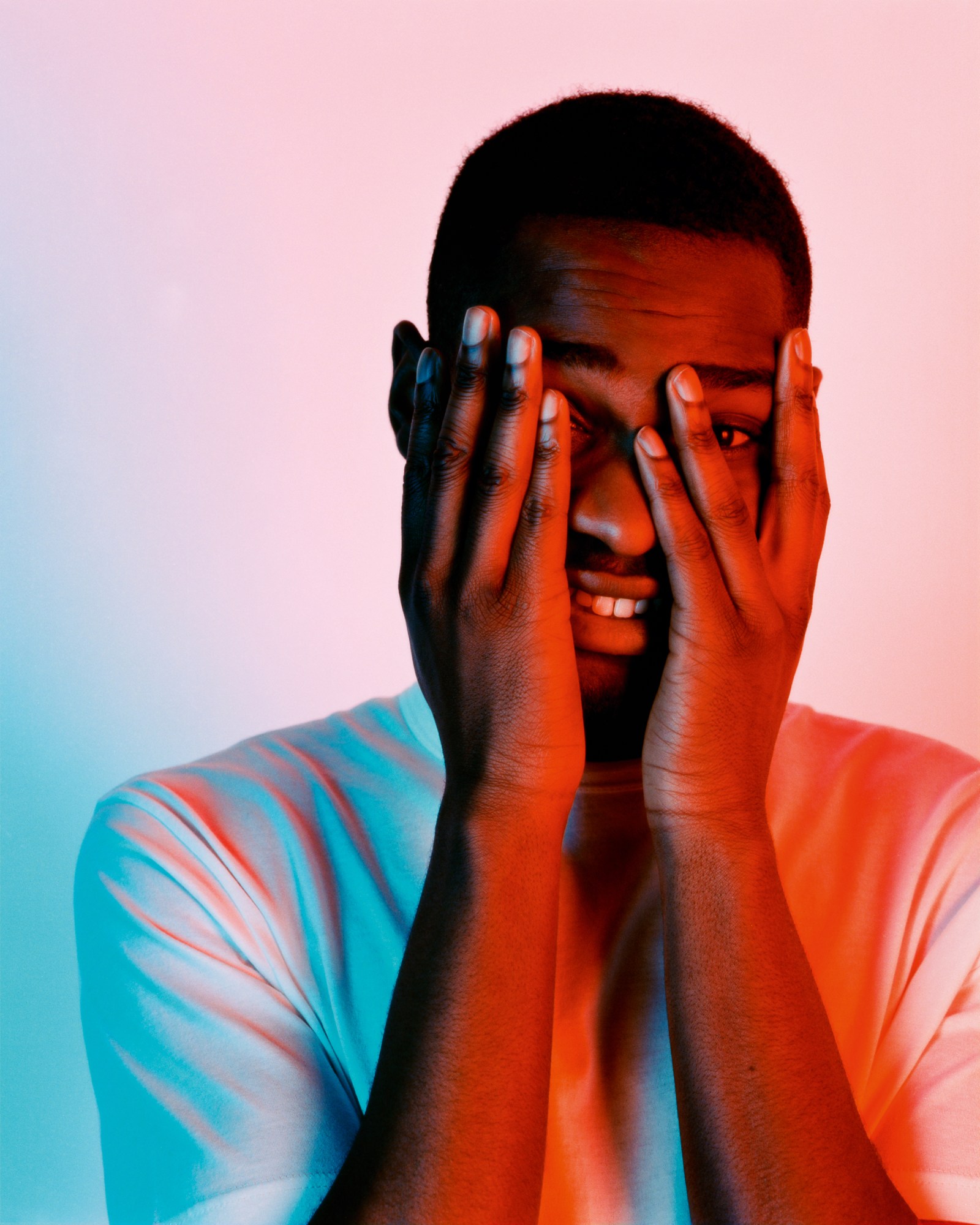
We’ve been together half of the afternoon and Dave needs to go and spend time with Ben. “I’ve only seen him for a couple of hours cos I’ve been in the studio.” Music is his passion, his “obsession, I’m obsessed with it.” He’s determined to do his best, to be the best. “I started out making music to pass the time. But now it’s a part of me and it’s about cementing myself in history,” he says, making his way down the stairs. “I want to be in people’s debates about who’s the best. I want to lead that conversation.”

Credits
Photography Alasdair McLellan
Styling Max Clark
Hair Matt Mulhall at Streeters. Make-up Ninni Nummela at Streeters using Chanel. Nail technician Lorraine Griffin. Photography assistance Lek Kembery, Simon Mackinlay and Peter Smith. Styling assistance Louis Prier Tisdall. Hair assistance Vimal Chavda. Make-up assistance Shauna Taggart. Production Laura Holmes Production.
